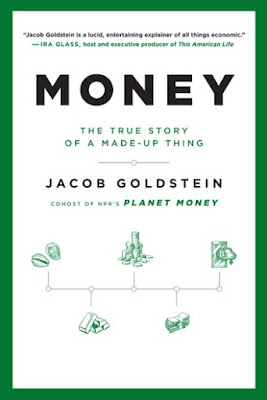Money Is Best Learned ,Before It’s Earned..by Dwayne Anderson
Daily pursuit of money can pull people away from all other matters related in life is now becoming more a reality . Some people who have made their millions are turning to something else for life fulfilment . Some contribute as being volunteers , others became philanthropists and are giving their money away to help those less fortunate.
Why is this happening?
With present society, where there are an over flux of so much distractions from data information , and knowledge based education along with the profusion of digital media and recreational options it seems most people start to drift and lost in confusion from higher principled mentality sometime lost in their purpose. They are learning faster of what everything is made of but sometime forgetting what and where they started off from … Many forgotten ;
Money Is Best Learned , Before It’s Earned
Some temptations are more universal than others. Most people will not become overnight millionaires but many people realize that in today’s disruptive economies there are new opportunities to become very rich. At the very least there is opportunity to get…just a little more.
In this worldly pursuit of just more money ,it has pushed people to take up drastic changes to their lifestyle and is also realized, that it is reasonable to think that it can also pull them away from many other things as well…even their personal self or to forget the fundamentals.
But is there more to More to Money then just being need to be Learned ..
Money only works because we all agree to believe in it. In Money, Jacob Goldstein shows how money is a useful fiction that has shaped societies for thousands of years, from the rise of coins in ancient Greece to the first stock market in Amsterdam to the emergence of shadow banking in the 21st century.
At the heart of the story are the fringe thinkers and world leaders who reimagined money. Kublai Khan, the Mongol emperor, created paper money backed by nothing, centuries before it appeared in the west. John Law, a professional gambler and convicted murderer, brought modern money to France (and destroyed the country's economy). The cypherpunks, a group of radical libertarian computer programmers, paved the way for bitcoin.
 |
| Money |
One thing they all realized: what counts as money (and what doesn't) is the result of choices we make, and those choices have a profound effect on who gets more stuff and who gets less, who gets to take risks when times are good, and who gets screwed when things go bad.
Lively, accessible, and full of interesting details (like the 43-pound copper coins that 17th-century Swedes carried strapped to their backs), Money is the story of the choices that gave us money as we know it today.
Money only works because we all agree to believe in it. In Money, Jacob Goldstein shows how money is a useful fiction that has shaped societies for thousands of years, from the rise of coins in ancient Greece to the first stock market in Amsterdam to the emergence of shadow banking in the 21st century.
At the heart of the story are the fringe thinkers and world leaders who reimagined money. Kublai Khan, the Mongol emperor, created paper money backed by nothing, centuries before it appeared in the west. John Law, a professional gambler and convicted murderer, brought modern money to France (and destroyed the country's economy). The cypherpunks, a group of radical libertarian computer programmers, paved the way for bitcoin.
One thing they all realized: what counts as money (and what doesn't) is the result of choices we make, and those choices have a profound effect on who gets more stuff and who gets less, who gets to take risks when times are good, and who gets screwed when things go bad.
Lively, accessible, and full of interesting details (like the 43-pound copper coins that 17th-century Swedes carried strapped to their backs), Money is the story of the choices that gave us money as we know it today.



No comments:
Post a Comment